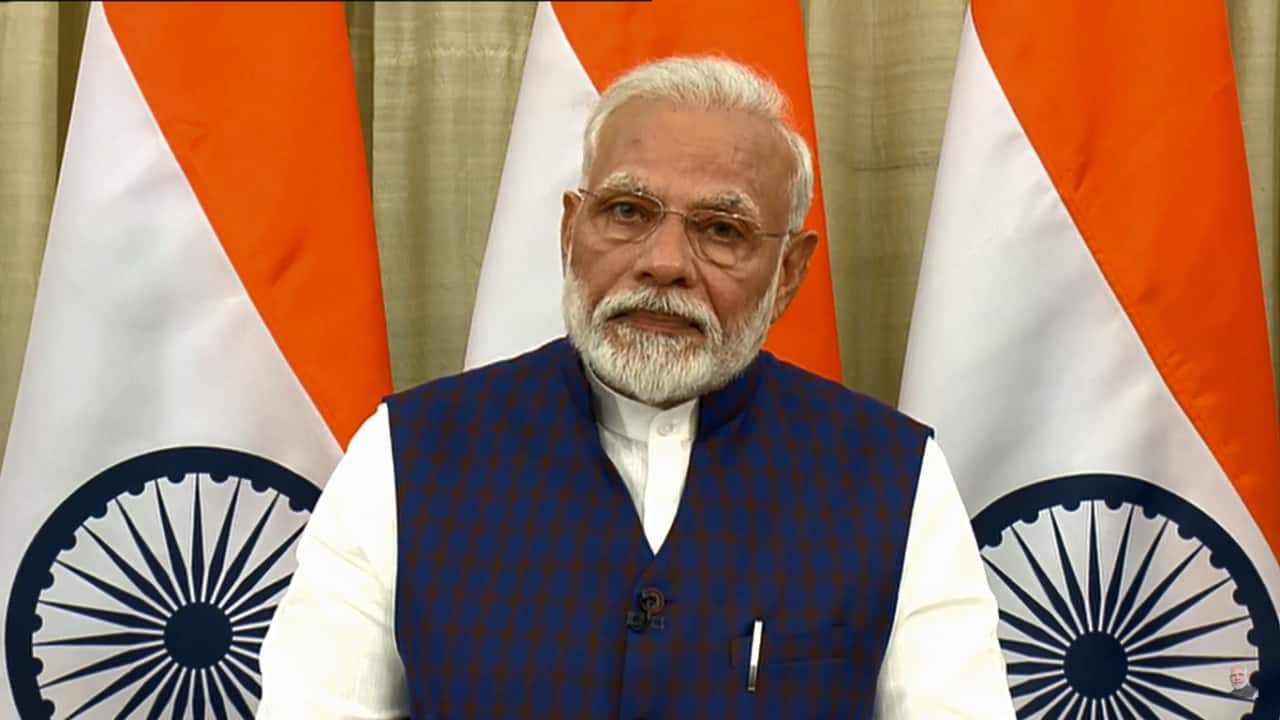Addressing the nation for the second time in a week, Prime Minister Narendra Modi has announced a 21-day national lockdown starting midnight today in the wake of coronavirus outbreak in the country.
Over 30 states and Union Territories have already imposed state-wide curfew and lockdowns.
"The lockdown would be for 21 days, or three weeks. These 21 days will be crucial for every citizen and for every family," PM Modi said.
Here are the key highlights from the prime minister's address to the nation today:
>> PM Modi said that a national lockdown will come into place from midnight today.
>> This nationwide lockdown will be for 21 days. "If we won't follow the nationwide lockdown for 21 days, we will be pushed back by 21 years," PM Modi said.
Track this blog for latest updates on Coronavirus updates
>> The prime minister appealed for people to maintain social distancing and said that irrespective of what happens, we should not get out of the house.
>> It took 67 days for the number of infected cases to rise to 1 lakh. But, it tool only 11 days for the next one lakh cases to emerge. And, it took just four days for the third 1 lkh cases to appear. This indicates, the speed at which coronavirus is spreading, PM Modi explained.
>> PM Modi said that this is the time for patience and discipline.
>> The prime minister also thanked people for their contribution during the Janata Curfew on March 22.
>> He appealed to people to stay away from rumours and fake news, and follow government advisories strictly.
>> The Centre has allocated Rs15,000 crore for people infected with COVID-19. This includes increasing the number of beds, testing kits, and even training of professionals to combat the disease.
Earlier in the day, Finance Minister Nirmala Sithraman had, in a press conference, announced a slew of economic measures to get through the pandemic.
The reported cases in India rose to over 519 and virus-related deaths to 10 on March 23 even as states and union territories across the nation announced curfews and lockdowns. India has suspended domestic flights from March 25 until March 31 while all railway operations will also remain suspended.
Discover the latest Business News, Sensex, and Nifty updates. Obtain Personal Finance insights, tax queries, and expert opinions on Moneycontrol or download the Moneycontrol App to stay updated!










